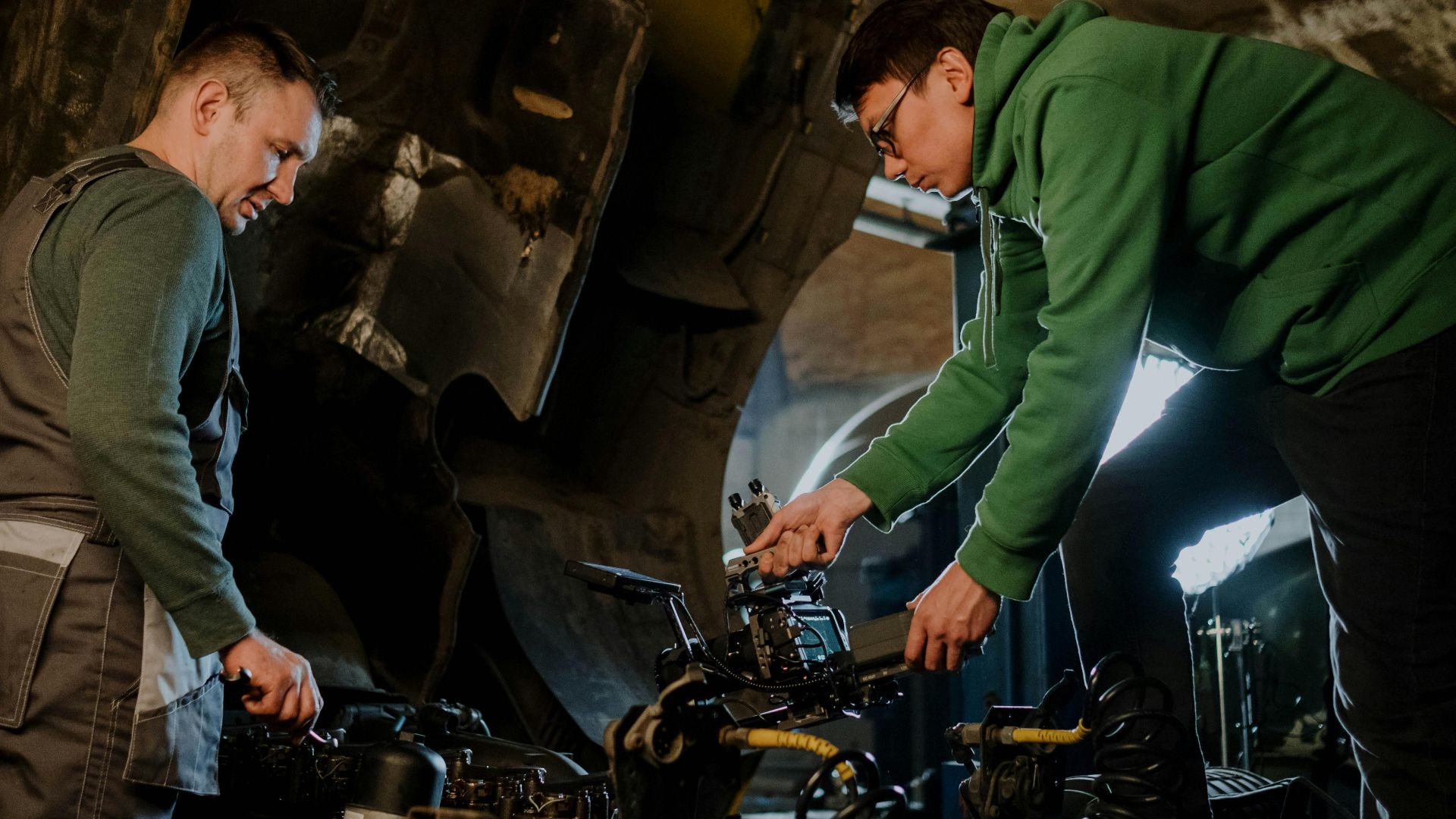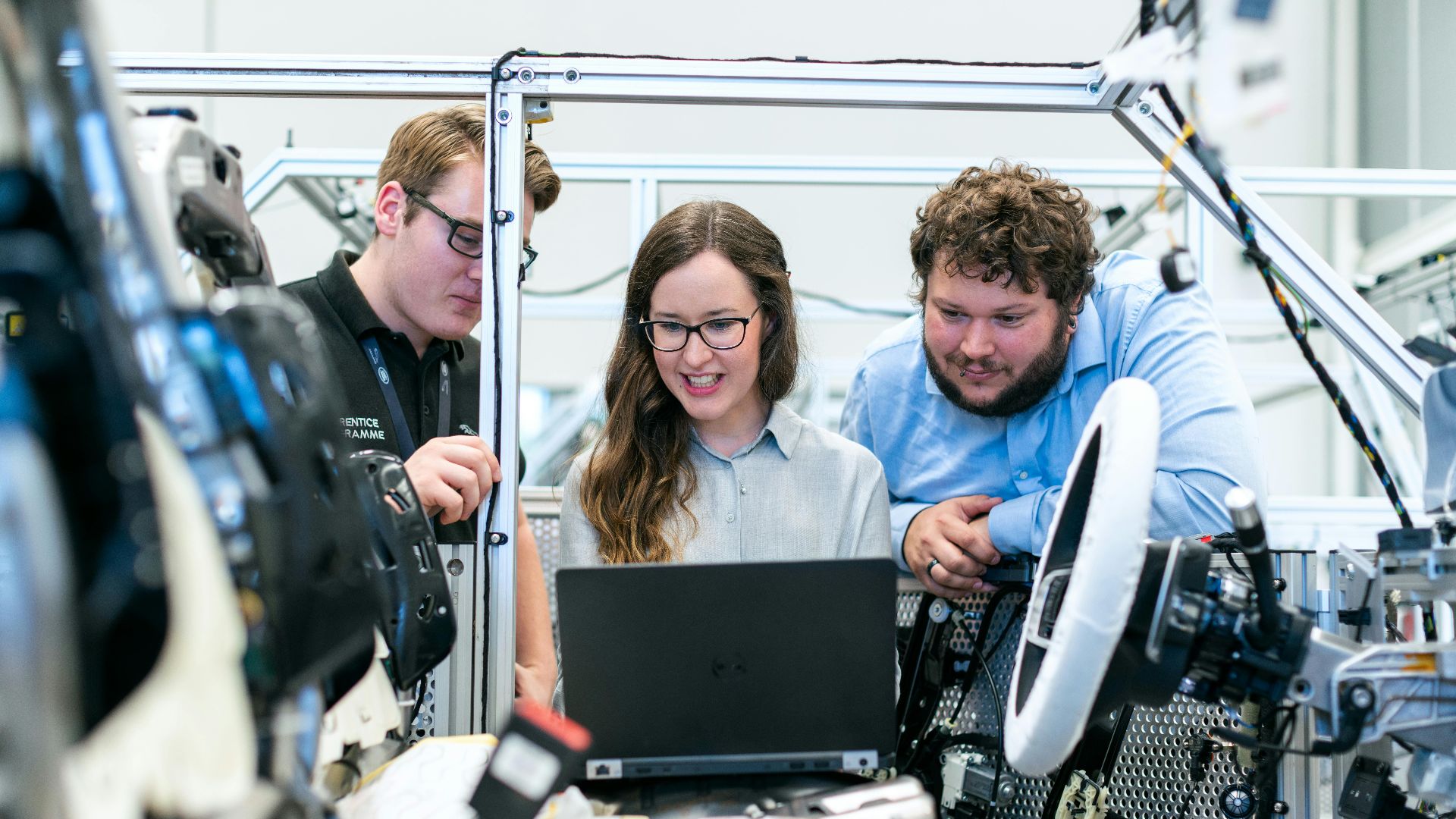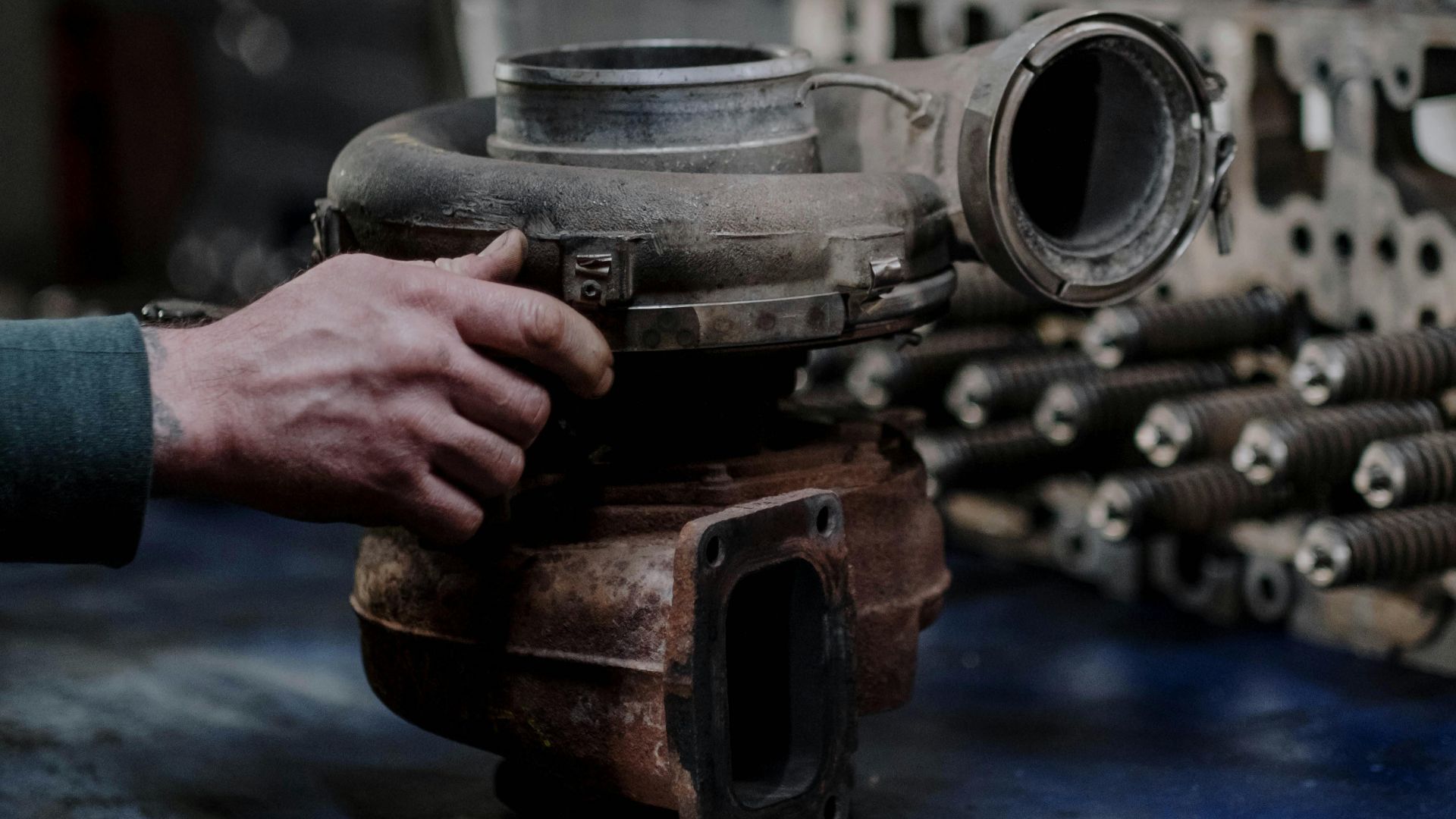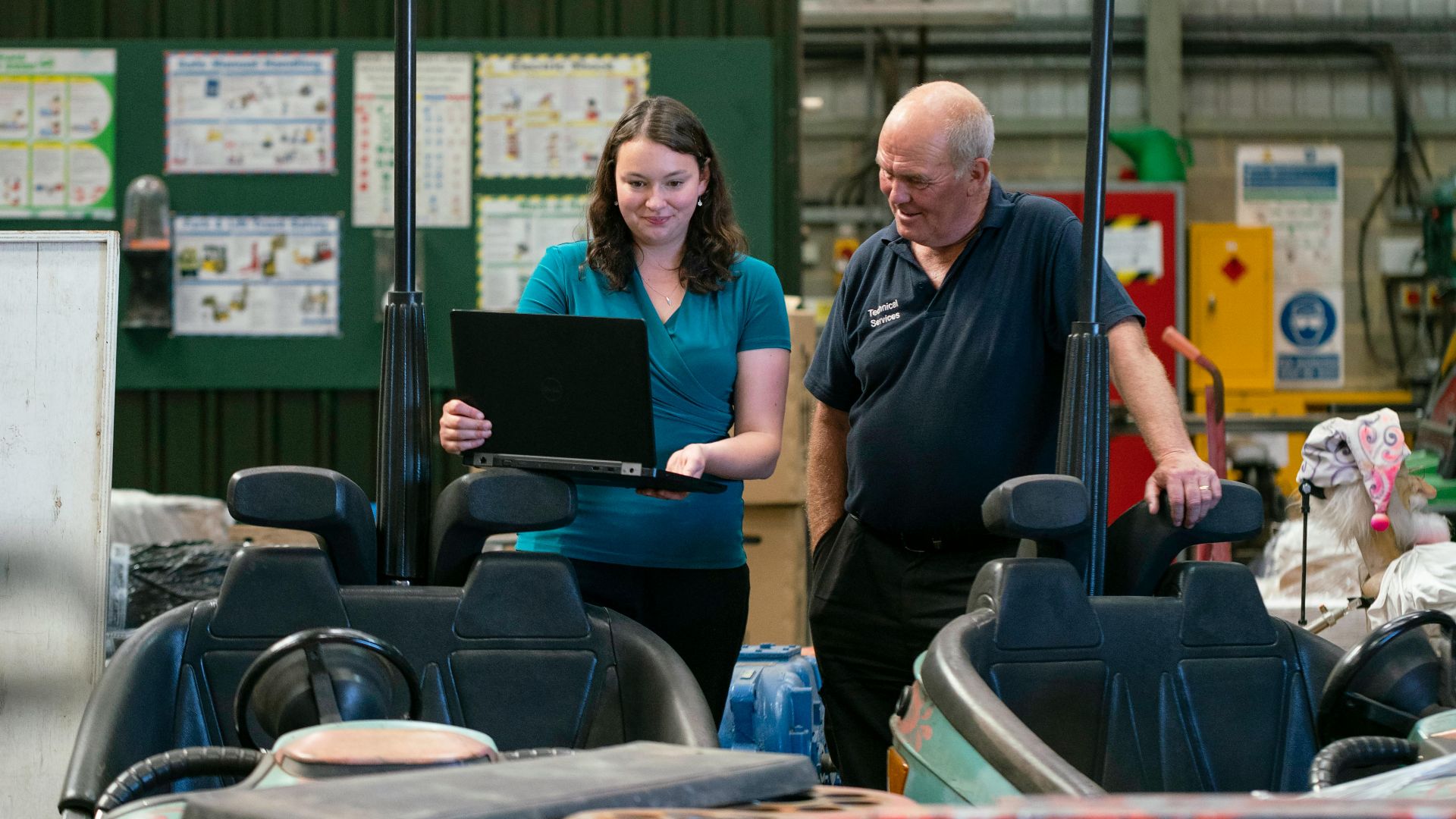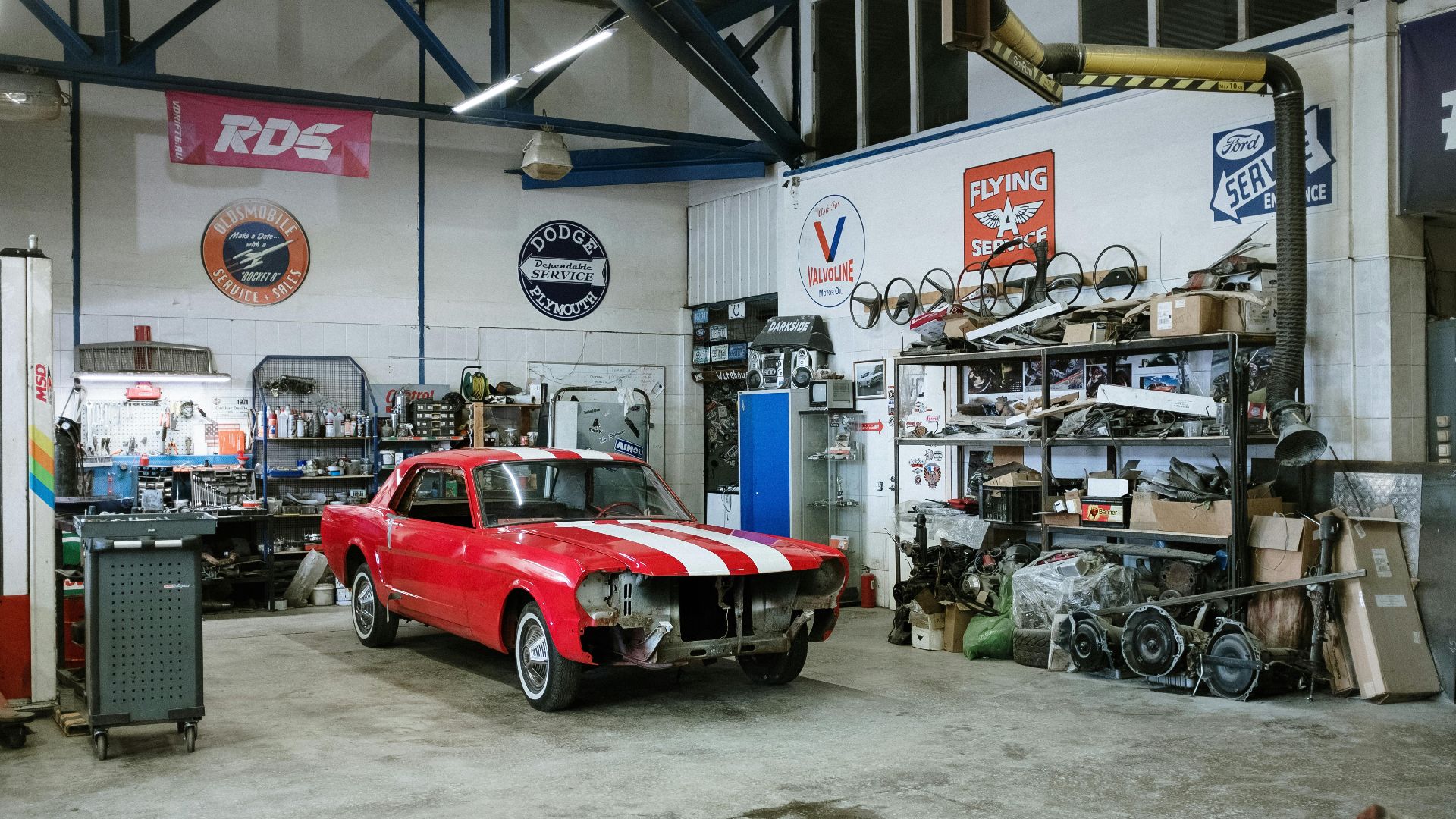Skip The Sharks
Every car owner faces the moment of truth eventually. Your vehicle needs serious attention, and you're standing at the crossroads of automotive uncertainty. One path leads to honest service and fair prices; the other leads to wallet-emptying disasters. The difference between these outcomes isn't luck—it's knowledge. Here are the telltale signs that separate reliable mechanics from the rest, along with proven strategies to locate these experts.
1. Certified Technicians
According to the ASE organization, 2 in 3 mechanics tend to pass the ASE exam on their first attempt, making certification a genuine achievement rather than a formality. ASE certification proves standardized knowledge and skills that go beyond basic wrench-turning.
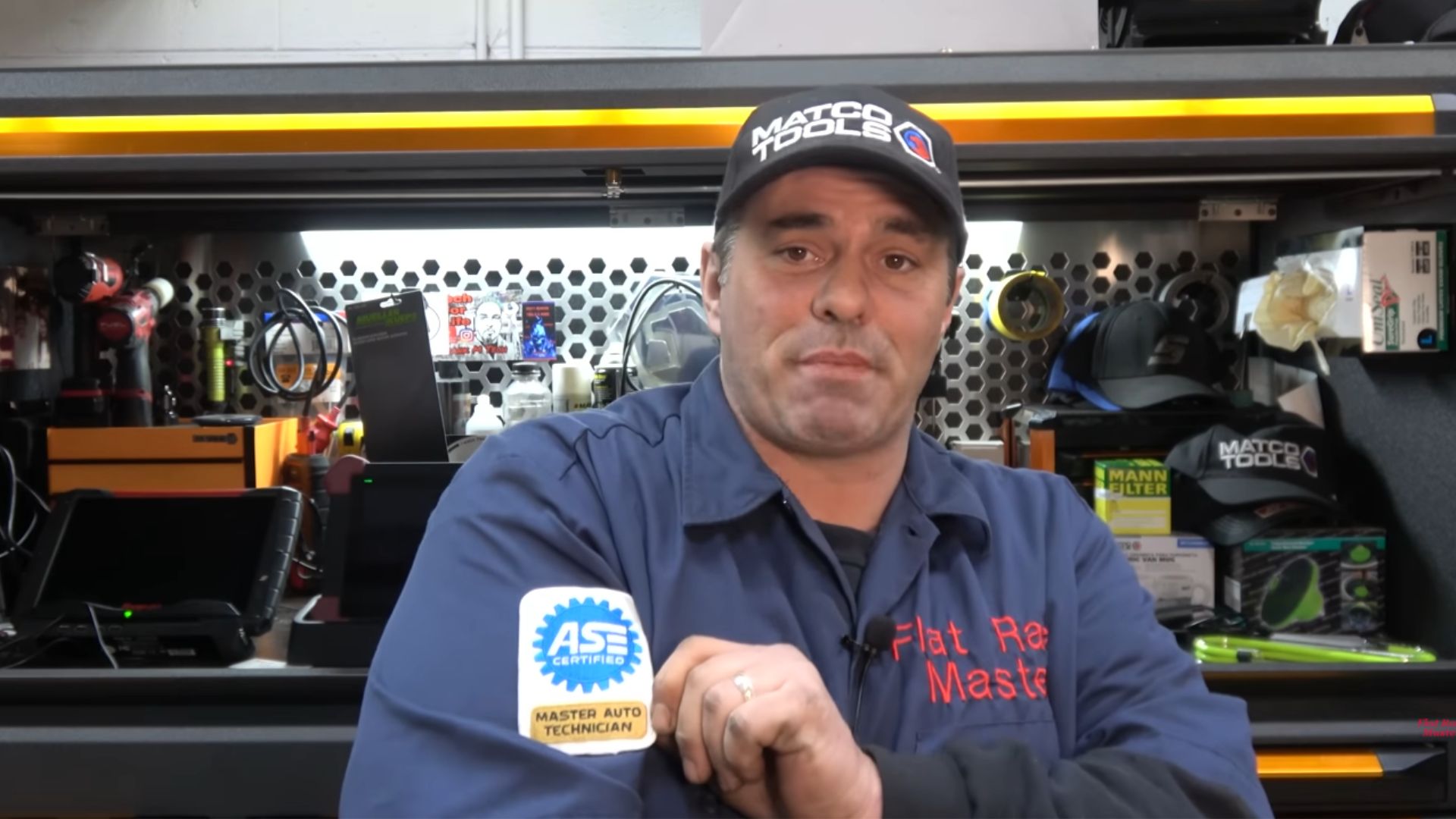 Is ASE Certification Worth It?? by Flat Rate Master
Is ASE Certification Worth It?? by Flat Rate Master
2. Explains Repairs Clearly
When mechanics earn higher customer satisfaction scores, there's often one common thread: they ditch the technical jargon and speak in plain language that actual humans can understand. This transparency is believed to be a powerful shield against overcharging and fraud.
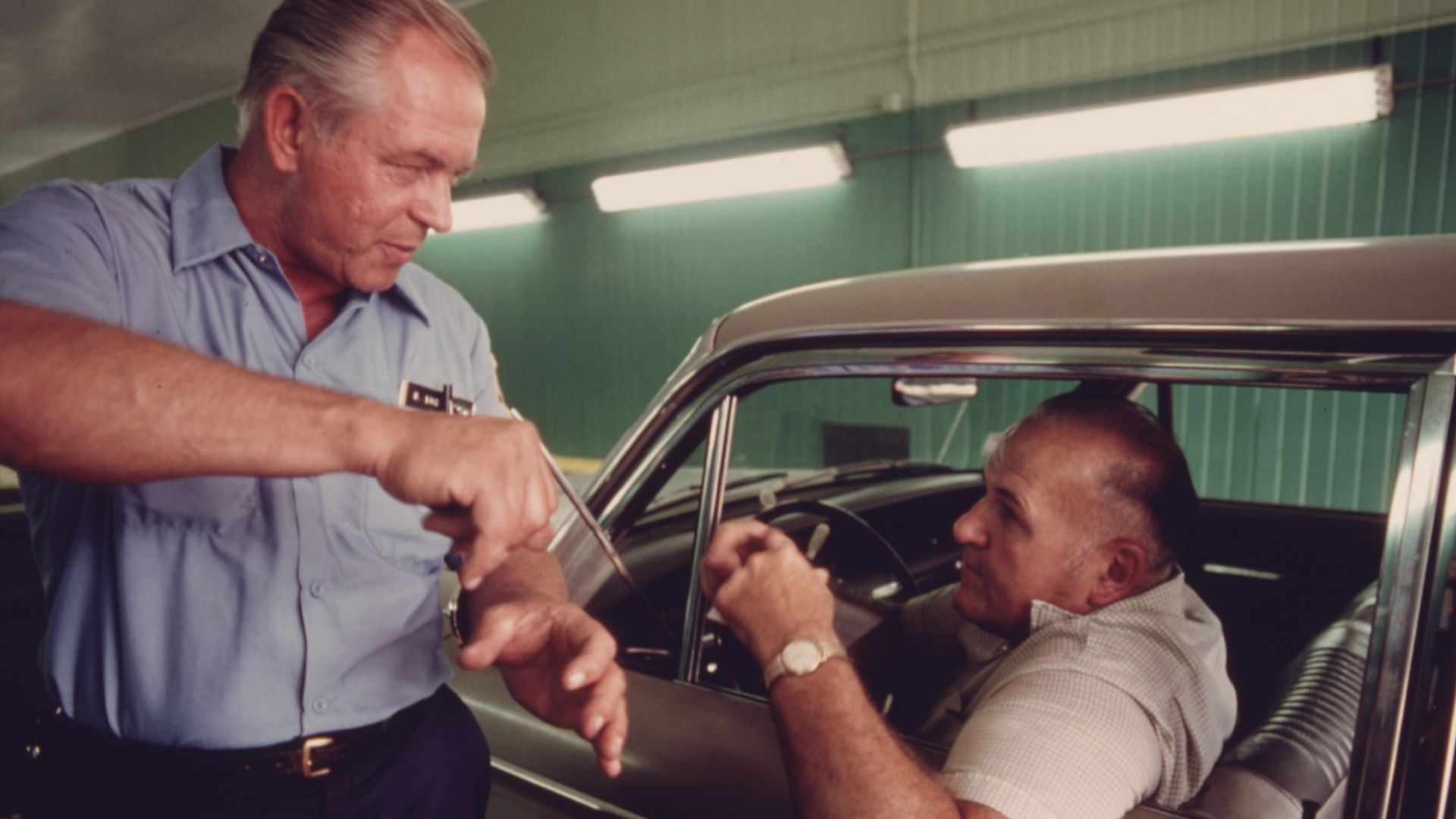 Lyntha Scott Eiler on Wikimedia
Lyntha Scott Eiler on Wikimedia
3. Shows You The Problem
Seeing a worn brake pad with your own eyes carries infinitely more weight than simply hearing about it from behind a service counter. Some forward-thinking shops now use live video diagnostics. This brings the garage directly to you through technology.
4. Doesn’t Push Unneeded Work
Here's a staggering reality. Over $60 billion worth of necessary car maintenance goes unperformed every year, potentially resulting in billions of dollars in future repair costs. Despite this massive opportunity, ethical mechanics stick to manufacturer schedules rather than pushing unnecessary upsells.
5. Uses Quality Parts
Those worn-out knockoff parts displayed in some centers aren't just for show—they're real-world examples of what happens when quality takes a backseat to cost-cutting. OEM or high-quality aftermarket parts ensure both safety and performance, while cheap alternatives fail faster.
6. Offers Written Estimates
In some states, written estimates are legally required, reflecting the importance of this protection for consumers. These written quotes work well against surprise add-ons that can turn a reasonable repair into a financial nightmare. Mechanics should offer this documentation upfront.
7. Busy But Organized Shop
Walk into a messy shop and you're looking at a recipe for errors and delays, where misplaced tools and chaotic workflows give rise to unnecessary problems. High demand generally signals reliability and trust earned through consistent quality work over time.
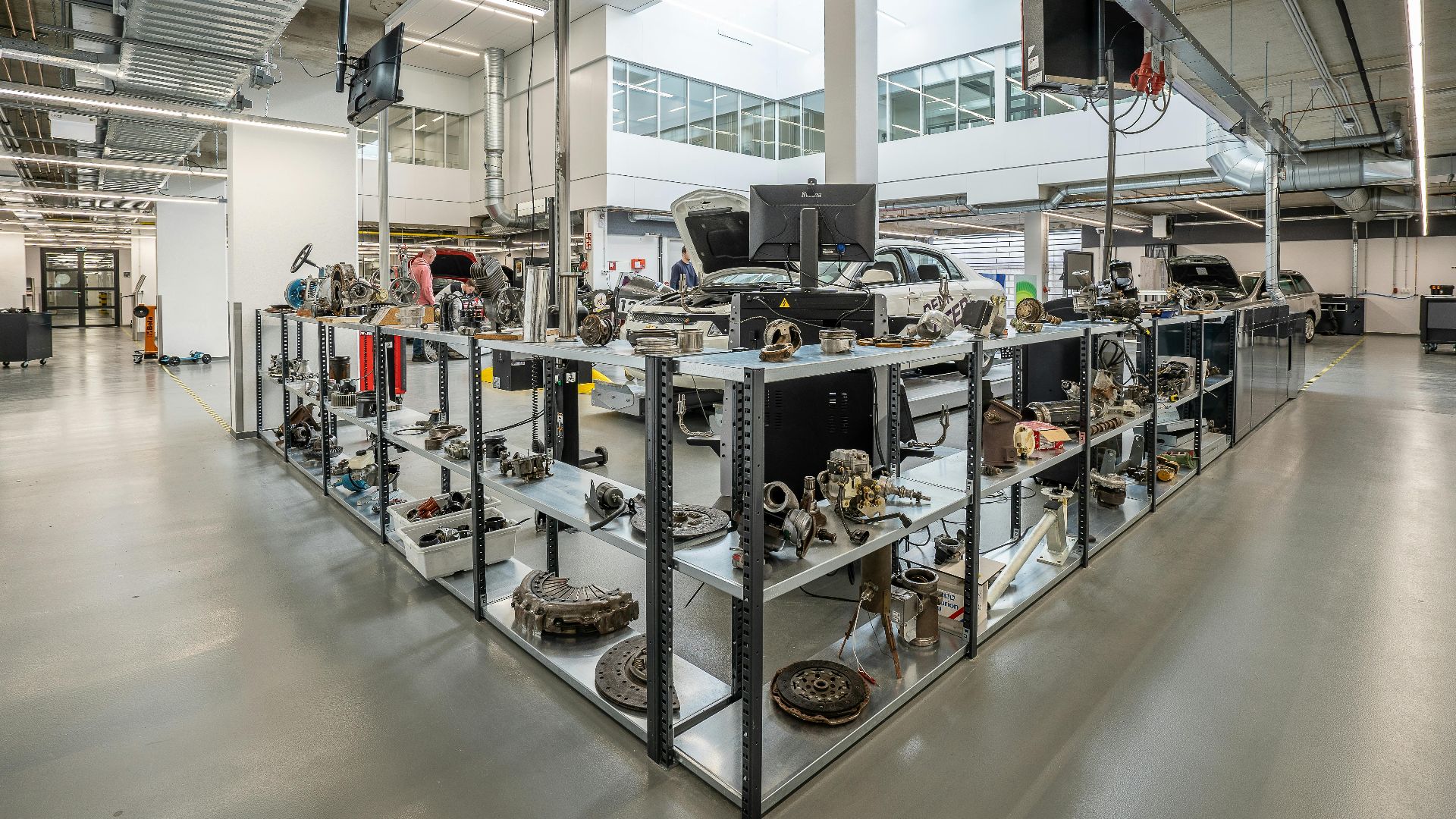 Mike van Schoonderwalt on Pexels
Mike van Schoonderwalt on Pexels
8. Stands Behind Their Work
Free rechecks and adjustments represent the standard operating procedure in top-tier shops. Here, customer satisfaction goes beyond the initial repair completion. Some progressive areas even offer nationwide warranties through established repair networks, providing peace of mind that travels with you.
 Antoni Shkraba Studio on Pexels
Antoni Shkraba Studio on Pexels
9. Remembers Your Car History
Many quality shops now utilize digital vehicle records. This systematic tracking of past issues helps prevent repeat failures by identifying patterns and potential problem areas. Personalized service naturally reduces diagnosis time since mechanics can quickly reference what's been done before.
10. Test Drives After Repairs
Besides, certain centers go the extra mile by logging the test drive results directly in your service report. They craft a documented trail of quality assurance. This critical step in quality control enables skilled mechanics to detect subtle issues.
Now that you know what makes a mechanic trustworthy, here's how to actually find one.
1. Ask People You Trust
More than 80% of people trust personal recommendations over advertisements, making word-of-mouth the most potent tool in your mechanic-hunting arsenal. Friends will warn you about bad experiences, providing insights that no marketing campaign can match. This tried-and-true method remains the top way.
2. Check Online Reviews
Google and Yelp have become increasingly aggressive about flagging fake reviews, making online feedback more reliable than ever before. Look for consistent patterns rather than perfection—repeated mentions of "explained things clearly" and "no pressure" serve as strong indicators of quality service.
3. Look For Specialized Experience
A Honda specialist likely knows common quirks and solutions that would stump a generalist, making them more accurate and better equipped for your specific needs. Some certifications are brand-specific, such as BMW STEP programs, indicating deep expertise in particular vehicle systems.
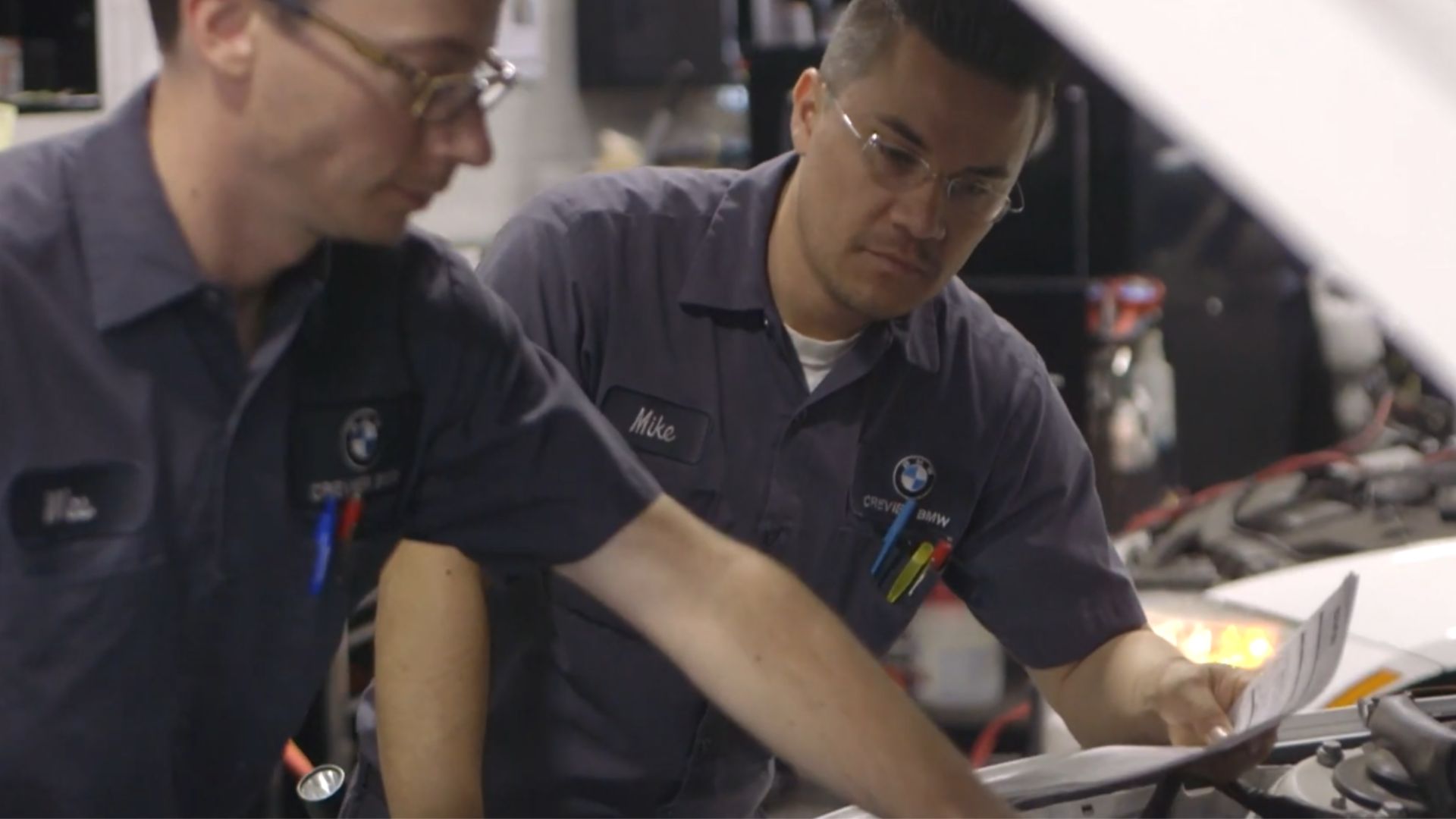 BMW Automotive Technician Career Opportunities by PenskeCars
BMW Automotive Technician Career Opportunities by PenskeCars
4. Visit The Shop First
Trust your gut during that critical first impression. If something feels shady, it probably is, and your instincts are picking up on faint warning signs. A simple 5-minute walk-through reveals everything you need to know about cleanliness, attitude, and organizational standards.
5. Labor Rates
Industry averages in 2025 typically range from $75 to $150 per hour, with metropolitan areas and luxury dealerships usually charging $200 or more for specialized work. Honest shops clearly display their rates, treating pricing transparency as a fundamental business practice.
6. Check Industry Affiliations
AAA shops must meet rigorous customer service and technical benchmarks. Their approval is a meaningful endorsement. Membership in organizations like AAA, NAPA AutoCare, or RepairPal-approved programs adds genuine credibility because these programs mostly ask for regular audits and inspections.
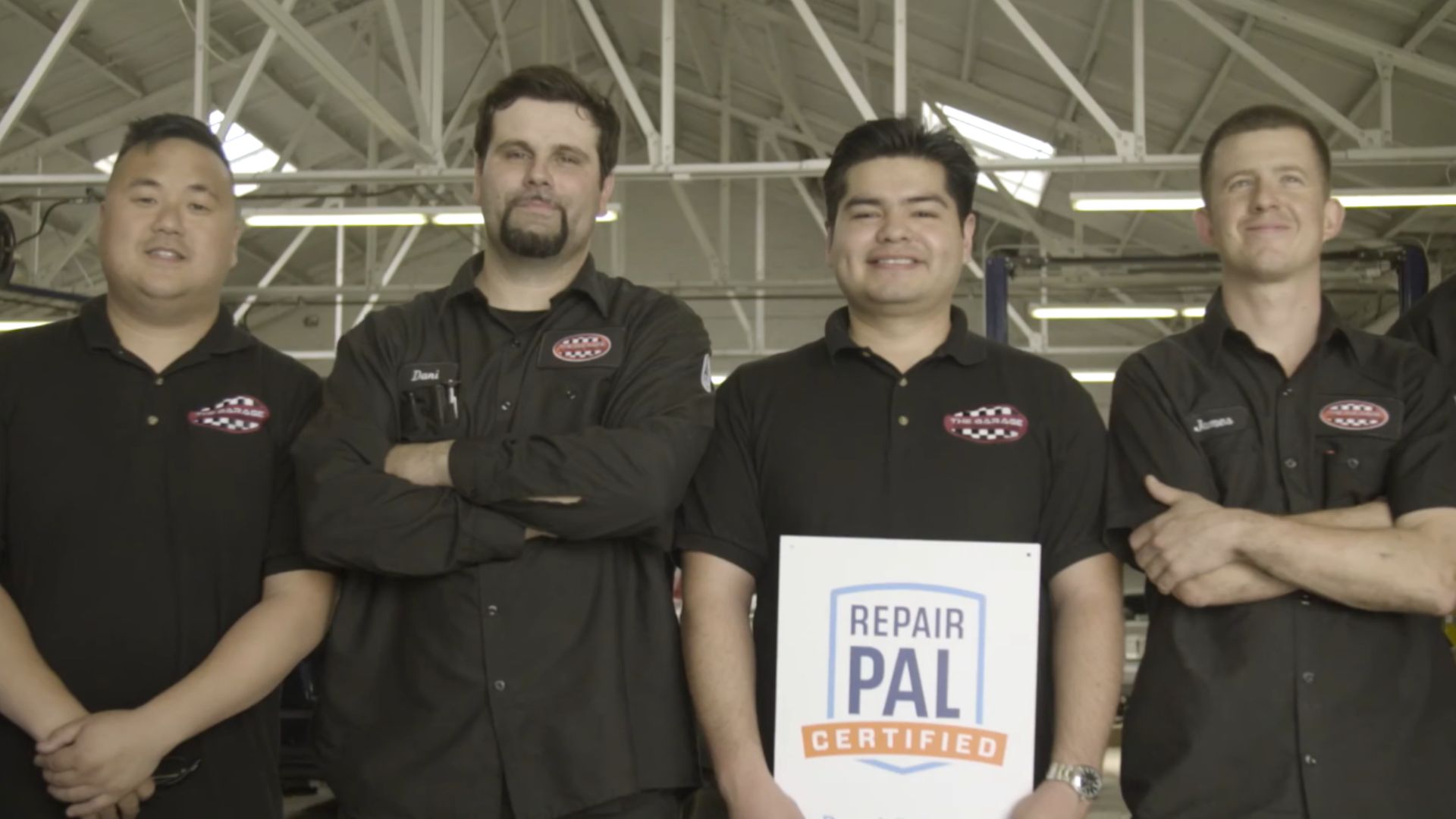 Working With The RepairPal Certified Network by RepairPal
Working With The RepairPal Certified Network by RepairPal
7. Talk To The Front Desk
Many exceptional mechanics operate behind the scenes, supported by responsive and knowledgeable service advisors who translate technical complexities into understandable terms. First impressions at the service counter frequently mirror how the entire outlet operates, from scheduling efficiency to follow-up communication.
8. Long-Standing Shop
Family-owned shops often prioritize their long-term reputation over short-term profits, recognizing that their livelihood depends on the trust of their community. A business that's survived 10+ years has likely weathered economic downturns and industry changes by treating customers well.
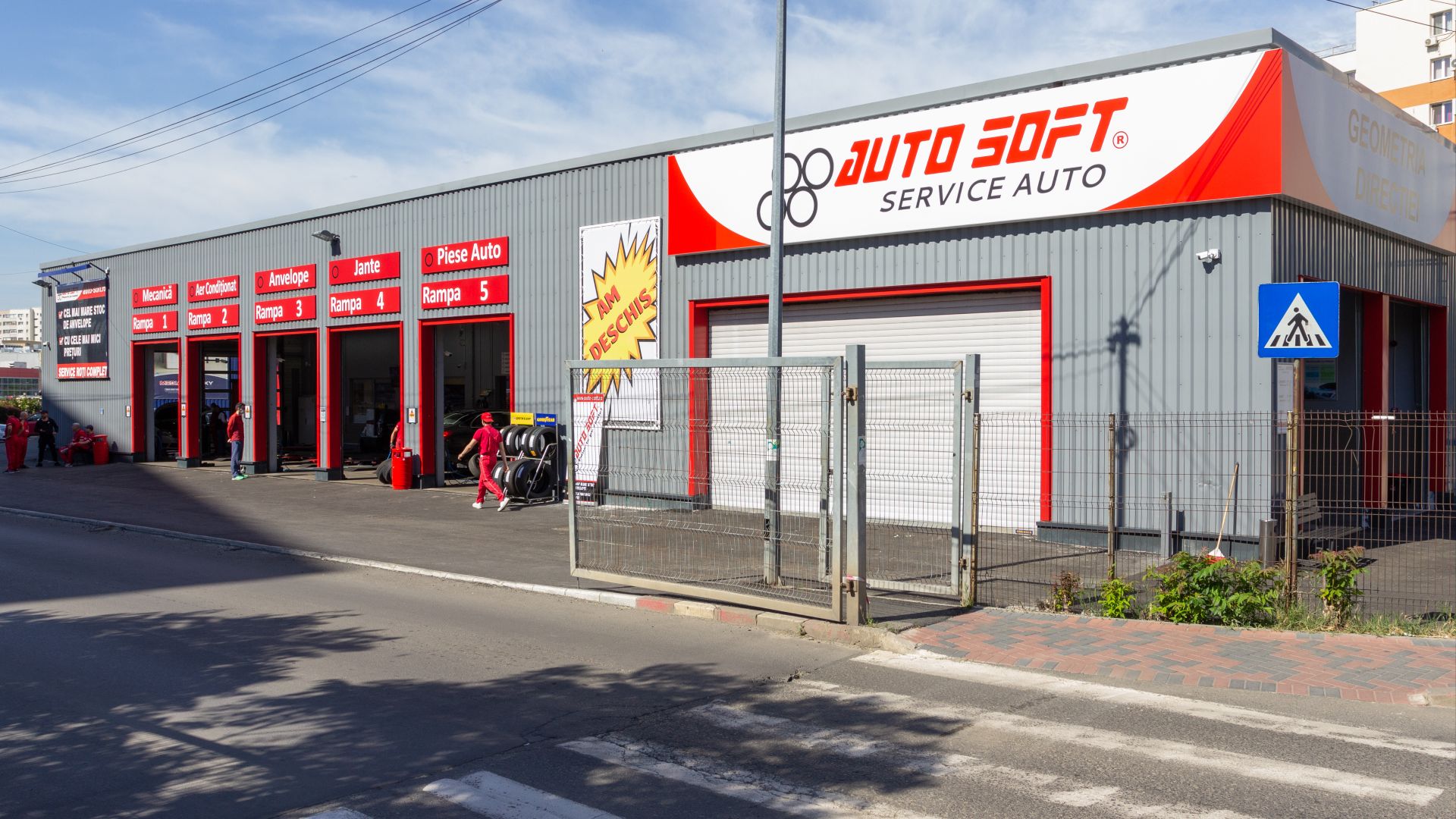 Clementina Ciochina on Wikimedia
Clementina Ciochina on Wikimedia
9. Use Of Digital Inspections
Folks can now review detailed inspection reports remotely via phone or email, revolutionizing the understanding of automotive diagnostics. Some advanced systems display green, yellow, and red status indicators for various components, making vehicle health easy to interpret.
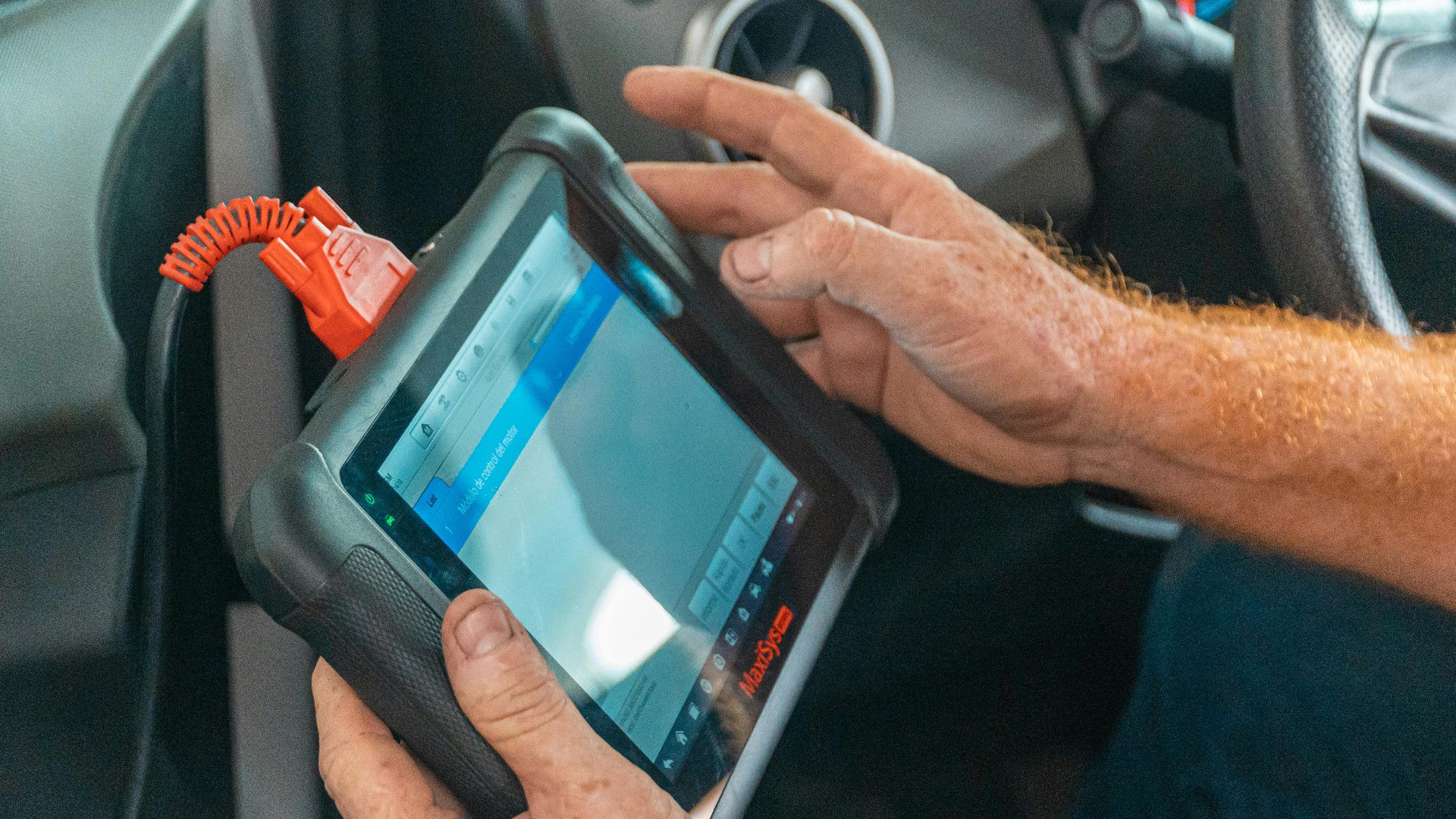 Jose Ricardo Barraza Morachis on Pexels
Jose Ricardo Barraza Morachis on Pexels
10. Small Job First
Many savvy customers "audition" mechanics with minor services before trusting them with major repairs. Hence, start with something simple, such as an oil change, alignment, or inspection, to observe how they complete their work, explain their findings, and manage time commitments.



